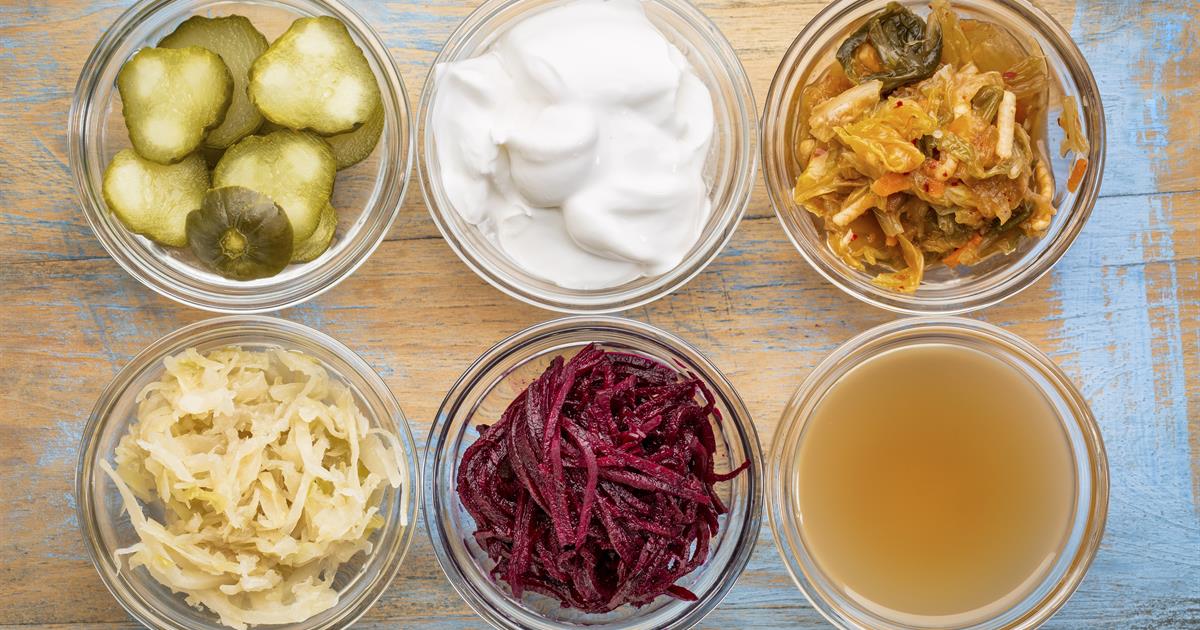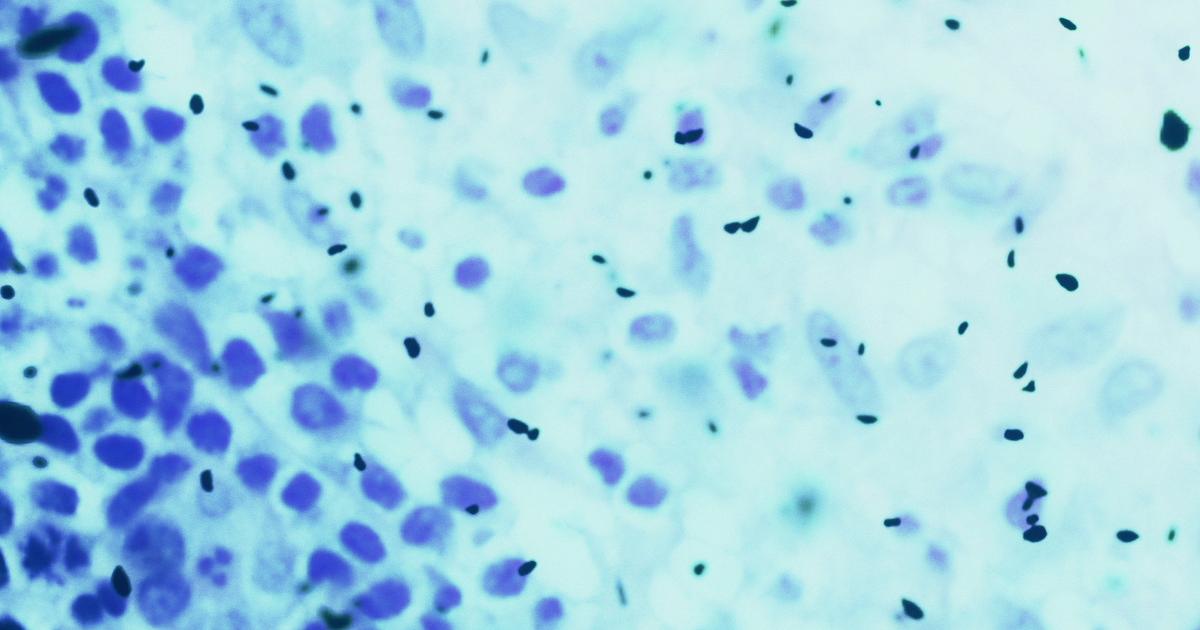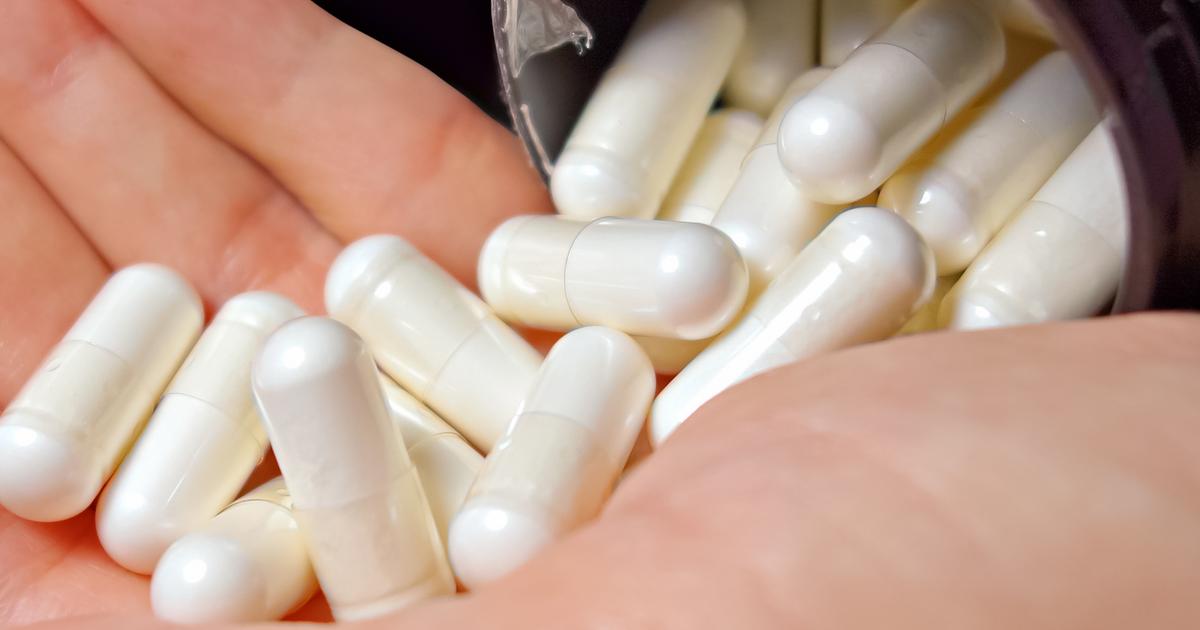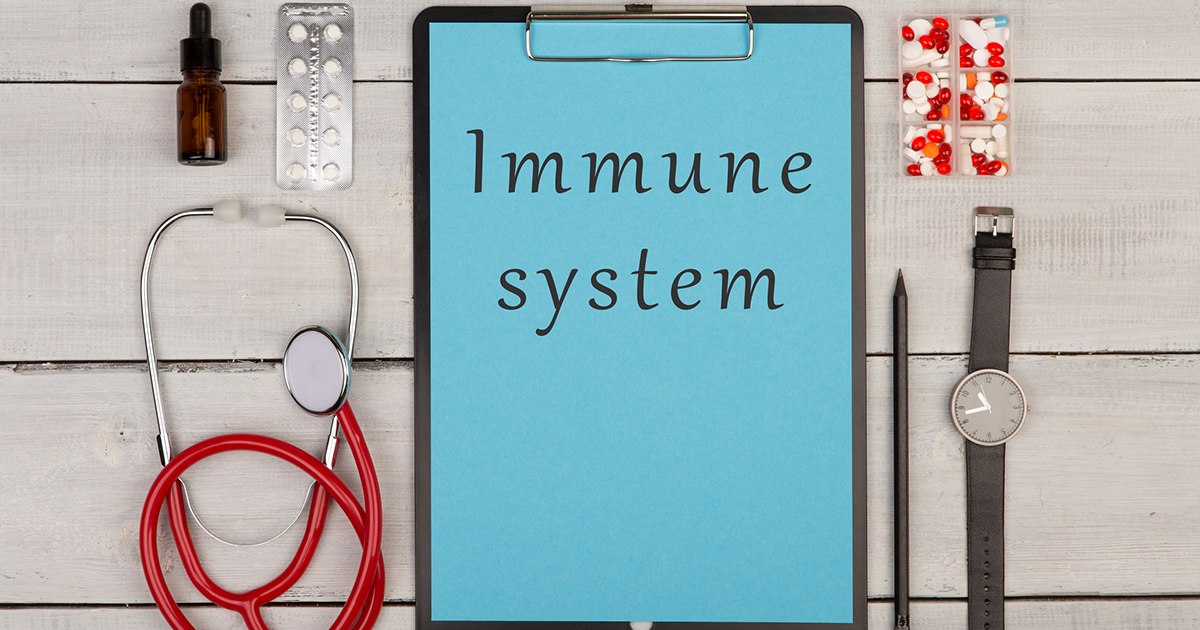Facts Everyone Should Know About Probiotics And Gut Health
Many daily rituals contribute to the degeneration of digestive health, and this could be due to a lack of knowledge, resources, or even medicines and supplements such as probiotics. Beyond taking a probiotic supplement, eating yogurt, and consuming fermented foods, there is a lot more to know about proper digestive health care. Here are essential things everyone needs to understand about digestive health and probiotics. Many of these facts are truly valuable in keeping digestive health regular and maintaining optimal health.
Probiotics Should Be Alive When Consumed

Live, or active, bacteria, known as cultures, refer to the microorganisms found within probiotics such as yogurt. When consumed, live cultures can provide an antibiotic-like treatment while regulating digestive health and potentially boosting the immune system. Checking labels to ensure the bacteria are live within yogurt or other products, as well as exploring manufacturers' scientific studies that will back up their health claims, should be one of the first steps when choosing a probiotic. Probiotic bacteria also lasts different lengths of time within the body and studies have shown the bacteria Lactobacillus acidophilus DDS-1 can survive for up to eight days after consuming it rather than just hours like some of its counterparts. Even freeze-dried probiotic products are useful, as the bacteria will go into a hibernation-like state until thawed out in the stomach.
Probiotics Are Not A Fad Or Dietary Trend

Taking probiotics for health reasons has been practiced for centuries, with early humans, around the year 2000 BC, using various roots as a treatment for a healthy digestive system. In 1907, Russian scientist Elie Metchnikoff observed individuals who were living past one hundred years old in a region of Bulgaria were drinking a fermented yogurt drink on a daily basis. His studies found the bacteria Lactobacillus bulgaricus was highly beneficial to overall health and longevity and prompted Metchnikoff and other scientists to look into the micro-organism further.
One of the scientists influenced by Metchnikoff was the Japanese scientist Minoru Shirota, who created his strain of the bacteria and probiotic drink that is still popular around the world today. Probiotics are not a new trend, but contemporary society seems to be warming to the positive effects of them and incorporating a probiotic into their diet.
The 100 Trillion Different Microorganisms Within The Human Body

Within the human body trillions of diverse microorganisms, some more temporary than others, thrive and perform different functions. These bacteria are critical to protecting the body from infection or disease, digesting and gaining energy from food, as well as influencing metabolism, to name a few.
The complex ecosystem of microorganisms within the body needs to remain balanced to maintain optimum health; if there is a disruption of this delicate system, it can wreak havoc on the body. Some researchers have even hypothesized the increase in food allergies is correlated to a significant disruptive shift in the digestive system's bacteria levels. Although every human has a different optimal balance of bacteria within the body, there is a common core of bacteria and microorganisms within every individual that can be kept healthy with probiotics.
Not All Probiotics Are The Same

As much as 1.2 billion dollars is spent annually on probiotics in the United States alone, but many who buy probiotics are unaware of the differences in products and bacteria strains. Even different strains of the same bacteria may not have the same health benefits as their counterparts within the same species. Lactobacilli and Bifidobacteria are the two most common types of probiotic bacteria because of their well-known health benefits.
Becoming familiar with a probiotic that will benefit health as well as being aware of dosage and expiry dates are essential practices when incorporating probiotics into a diet. Because of the diverse bacteria within the digestive system, evaluation on a case-by-case basis is critical in ensuring the right probiotic is selected for inclusion. Scientists have yet to study all of the probiotic bacteria in existence, but research asserts not all probiotics are equal in health benefits.
Probiotics Can Also Support Immune Health

Unknown to many, the digestive system plays a hugely important role within the immune system in the human body. The gastrointestinal tract is the primary way in which an individual comes into contact with their outside environment and what goes into the system can affect the entire body. As well as getting rid of unneeded waste and absorbing energy, the digestive system can also have a profound effect on the body's ability to fight disease or infection.
In a study published by the United States National Library of Medicine, it was found that seventy percent of essential immune system cells are located in the digestive system. This fact should be enough to convince anyone that taking care of digestive health is paramount to fighting the seemingly unavoidable winter cold or flu.
Microbiomes Play An Important Role Within The Body

Bacteria, fungi, and viruses within the body are like any other microorganisms or microbes, and trillions of these microbes live inside the body. Within the digestive system, there is a significant pocket of these bacteria known as the microbiome. As the microbiome grows, it allows humans to digest breast milk as a baby, digest fiber, and other foods, helping regulate the immune system, and also affects mental health and central nervous function. Too many unhealthy microbes within the microbiome can cause many health difficulties such as obesity and digestive problems.
The microbiome within the digestive system can also surprisingly affect cardiovascular health and even increase the risk of higher blood pressure and diabetes if unhealthy. Eating a diverse range of fresh foods, whole grains, probiotics, and fermented food will ensure a healthy microbiome within the digestive system and will also benefit the overall health of the body.
Prevent And Treat Diarrhea

Both children and adults can get diarrhea for a wide variety of reasons, but various research studies have shown probiotics may be able to help both prevent and treat diarrhea in many different cases. Some of the most promising evidence has been seen when treating diarrhea in children with certain probiotic bacteria strains, especially in cases where the diarrhea is the result of rotaviruses. Antibiotics are another common source of diarrhea and another area where taking probiotic supplements may help. Although antibiotics obviously help kill harmful bacteria, they can also destroy some of the beneficial gut bacteria, which individuals can restore by taking probiotics throughout their antibiotic treatment and for a few days after.
Finally, there have also been studies that have shown probiotics may be able to help in treating certain other bacterial infections, such as C. difficile, and when treating inflammatory bowel diseases like ulcerative colitis and Crohn's disease. This effect seems much stronger when treating ulcerative colitis, but the fact is probiotics have shown to be beneficial in treating both short-term and chronic causes of diarrhea.
Certain Strains Boost Heart Health

The bacteria in an individual's gut can have both a direct and indirect effect on almost every aspect of their health, including how much someone weighs and also their blood pressure and cholesterol level. As a result, it shouldn't come as much of a surprise to learn studies have also shown a link between probiotics and improved heart health. Specifically, it seems certain strains boost heart health, but also different strains may do so in different ways. For instance, Lactobacillus reuteri was shown to potentially help lower cholesterol, while patients taking Lactobacillus curvatus were shown to have significantly reduced blood triglycerides.
The strain Lactobacillus plantarum was also shown to have this same effect. In fact, it may just be the most beneficial strain in terms of heart health as studies have also shown it may be able to lower cholesterol levels and reduce blood pressure. As a result of this evidence, it definitely seems there is great promise in using certain probiotics to help improve heart health.
May Reduce Severity Of Eczema

The potential link between gut bacteria and skin conditions like eczema is something scientists have only begun to study more recently. Nonetheless, the research is still promising, and several studies have provided evidence indicating certain probiotic bacteria strains may reduce the severity of eczema. In one of the very first studies to examine this link, scientists showed the strain Lactobacillus rhamnosus GG led to a reduction of instances of eczema in children under seven years old who were at a particularly high risk of developing the condition.
Following this, a different study showed that prenatal probiotic treatment with this same strain may be able to greatly reduce an at-risk infant's chances of developing eczema. Further studies have shown Lactobacillus rhamnosus, Lactobacillus acidophilus, Bifidobacterium lactis may all help reduce the severity of eczema, although further study is needed to determine just how effective the treatment is and which strain works best.
May Be Beneficial To Mental Health

Just as probiotic treatments have shown great promise in helping to improve heart health, they also may be beneficial to mental health. Although this is a field of study that is only yet just emerging, the current research seems very promising in terms of there being a direct connection between gut bacteria and mental health. Gut bacteria play an important role in the release and regulation of numerous chemicals and important neurotransmitters, such as melatonin and serotonin. As a result, it makes perfect sense that probiotics may be able to improve mental health by allowing the body to better regular these essential brain chemicals.
Although the research is still in its infancy, studies have already shown taking a daily probiotic may be able to reduce symptoms in individuals suffering from mild to moderate depression or anxiety. Research also suggests probiotics may be able to help patients suffering from bipolar disorder and other mood disorders, and there are now even studies looking at how they may help to reduce autism symptoms.
May Boost The Immune System

The truth is the gut microbiome affects every aspect of health, which only makes sense considering the bacteria cells in an individual's gut outnumber their own cells by ten to one. In this sense, it is only obvious that probiotics may boost the immune system. The various gut bacteria are constantly competing with each other, and this is where probiotics can help by better regulating this bacterial balance. In turn, this provides a boost to the immune system by aiding the good bacteria in fighting off the bad. Still, it seems certain probiotic strains are better at certain things.
For instance, Lactobacillus acidophilus, Lactobacillus plantarum, and Bifidobacterium bifidum may reduce the chances of getting the cold or flu, while there is some evidence to suggest Lactobacillus rhamnosus GG may help prevent pneumonia in ICU patients. This is another area in which much more research is needed, but the current evidence does seem to suggest certain strains of bacteria may either have immune-boosting properties or help the body fight off certain illnesses.
